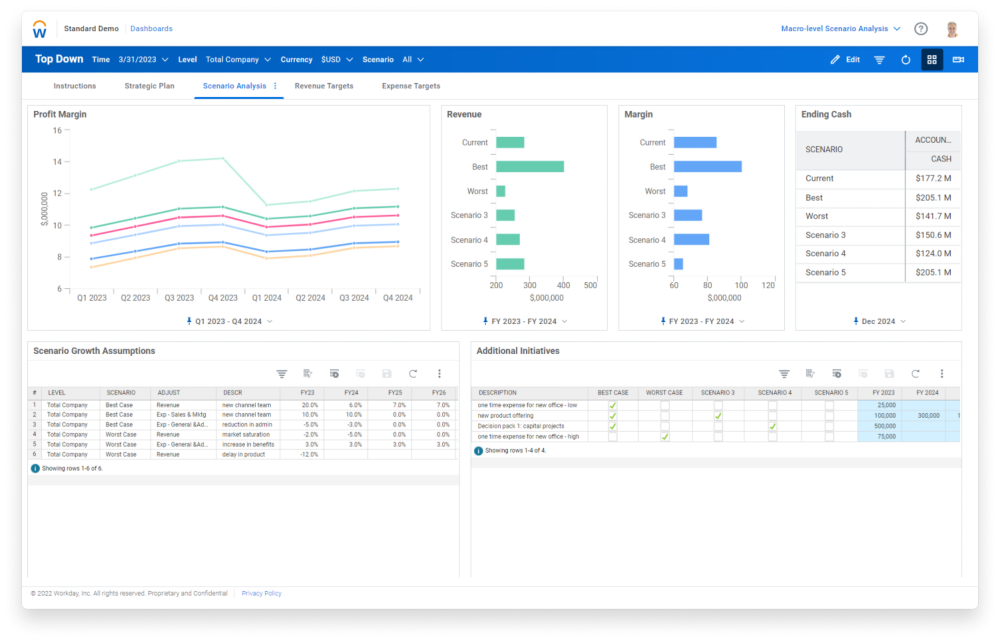Embracing Dynamic Strategies: Business 2024 Adaptive Planning
As businesses evolve in a rapidly changing world, the ability to adapt and plan strategically becomes paramount. In this article, we explore the essentials of adaptive planning for businesses in the year 2024.
1. The Need for Adaptive Planning in 2024
The year 2024 brings forth unprecedented challenges and opportunities. Businesses are navigating through technological advancements, global shifts, and changing consumer preferences. Adaptive planning is the strategic response to this dynamic landscape, allowing businesses to stay agile and responsive to emerging trends.
2. Harnessing Technological Advancements
In 2024, technology continues to be a driving force shaping the business landscape. Adaptive planning involves harnessing the power of technological advancements to streamline processes, enhance efficiency, and leverage data for informed decision-making. Businesses that integrate the latest technologies into their planning processes gain a competitive edge.
Business 2024 Adaptive Planning – Gain deeper insights into the strategies for adaptive planning in 2024 here. This resource provides valuable information for businesses looking to enhance their adaptive planning capabilities.
3. Data-Driven Decision Making
In the realm of adaptive planning, data takes center stage. Businesses in 2024 are relying on robust data analytics to understand market trends, consumer behavior, and internal performance metrics. Data-driven decision-making empowers businesses to make informed choices that align with their adaptive strategies.
4. Flexibility in Financial Planning
The economic landscape is dynamic, and businesses must be prepared to navigate financial uncertainties. Adaptive financial planning involves building flexibility into budgeting, forecasting, and resource allocation. This flexibility allows businesses to adjust their financial strategies in response to changing market conditions.
5. Agile Supply Chain Management
Supply chain disruptions have become a common challenge, and adaptive planning extends to supply chain management. Businesses are adopting agile supply chain practices, utilizing technology for real-time tracking, and diversifying suppliers to enhance resilience in the face of unexpected disruptions.
6. Embracing Remote and Hybrid Work Models
The way we work has transformed, and adaptive planning recognizes the importance of remote and hybrid work models. Businesses are reevaluating office spaces, investing in collaboration tools, and adopting flexible work arrangements to meet the evolving needs of their workforce.
7. Customer-Centric Strategies
Adaptive planning in 2024 places a strong emphasis on understanding and meeting customer needs. Businesses are leveraging customer feedback, data analytics, and market research to tailor products and services. Customer-centric strategies are at the core of adaptive planning for sustainable growth.
8. Environmental and Social Responsibility
In an era of heightened awareness, businesses are integrating environmental and social responsibility into their adaptive planning. Sustainability practices, ethical business conduct, and corporate social responsibility are integral components of strategic planning for businesses looking to thrive in 2024 and beyond.
9. Continuous Learning and Skill Development
Adaptive planning is not only about business processes; it extends to the development of the workforce. Businesses in 2024 are investing in continuous learning and skill development programs to ensure their teams remain adaptable and possess the capabilities needed for future challenges.
10. Scenario Planning for Uncertainties
The future is inherently uncertain, and adaptive planning involves scenario planning for various possibilities. Businesses are proactively identifying potential challenges and opportunities, developing strategies for different scenarios to enhance their readiness for the unknown.
Conclusion: Navigating the Adaptive Business Landscape
In conclusion, businesses in 2024 must embrace adaptive planning as a cornerstone of their strategic approach. From technological integration to customer-centric strategies and environmental responsibility, adaptive planning allows businesses not only to survive but to thrive in the dynamic business landscape of 2024 and beyond.






